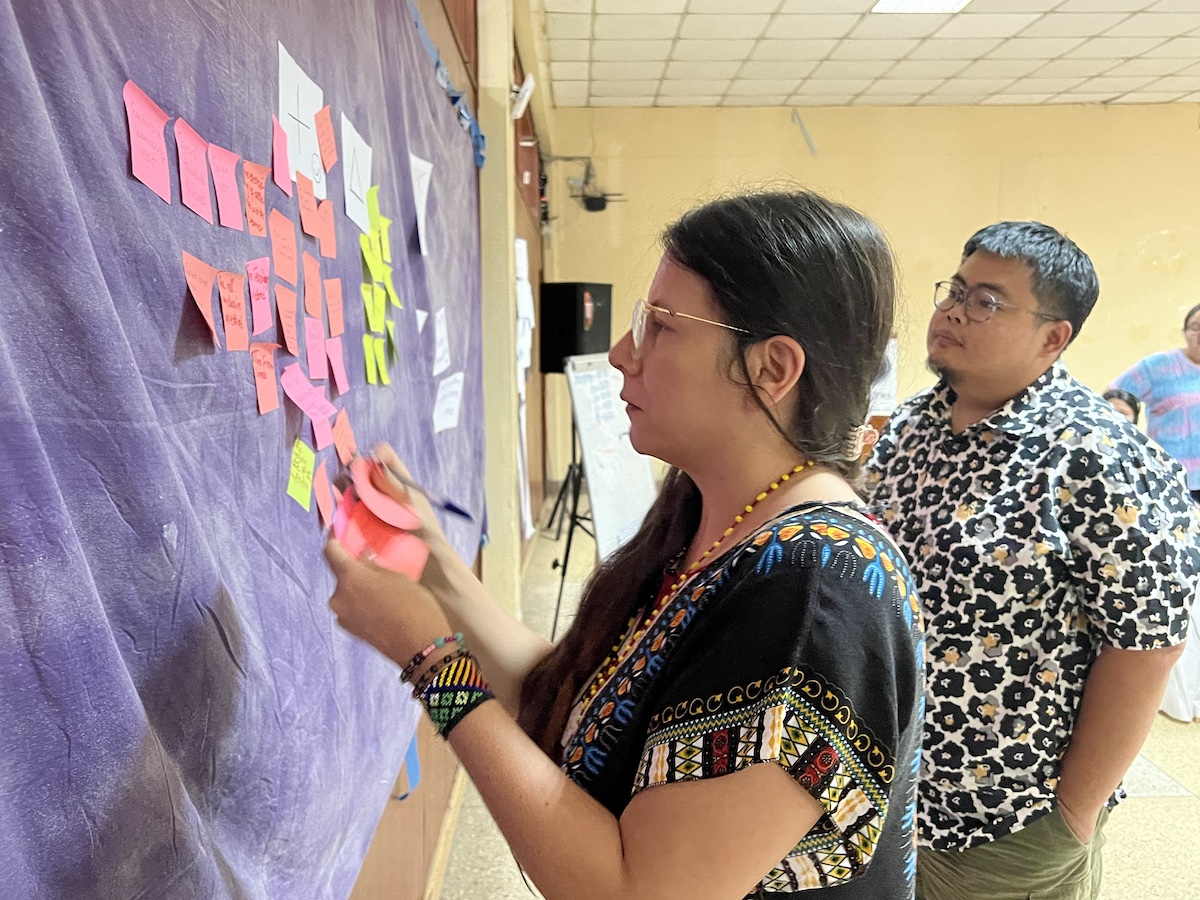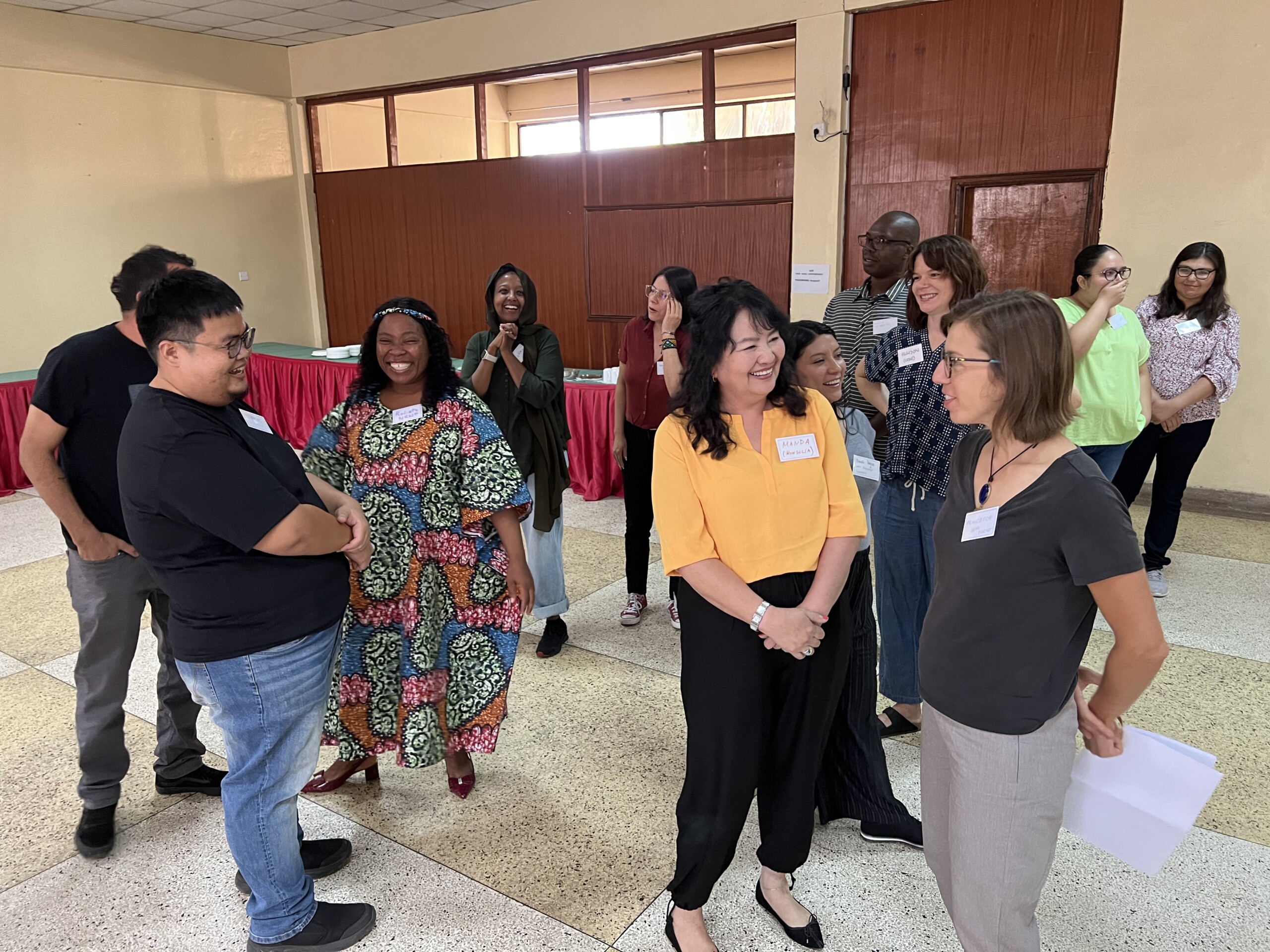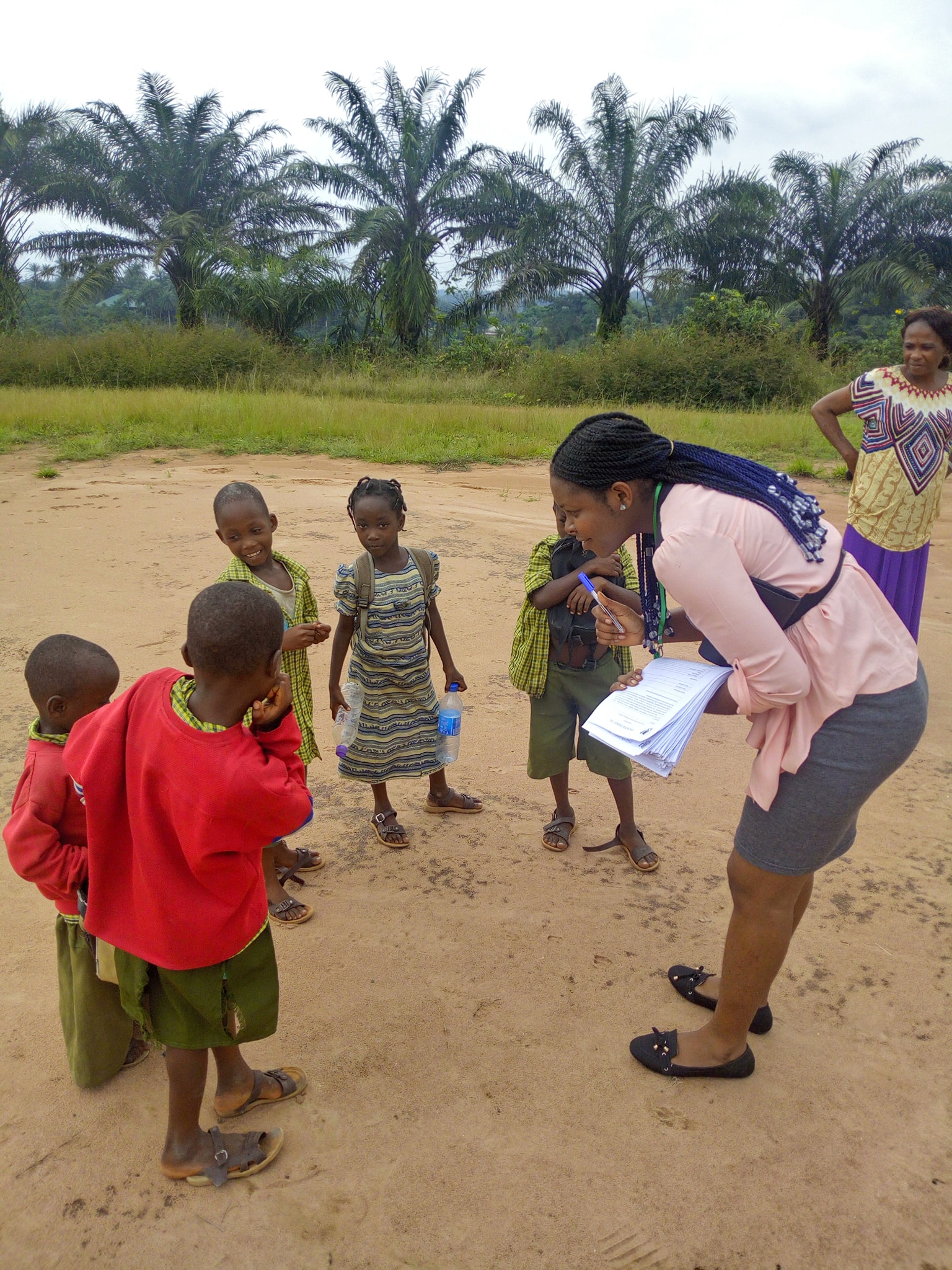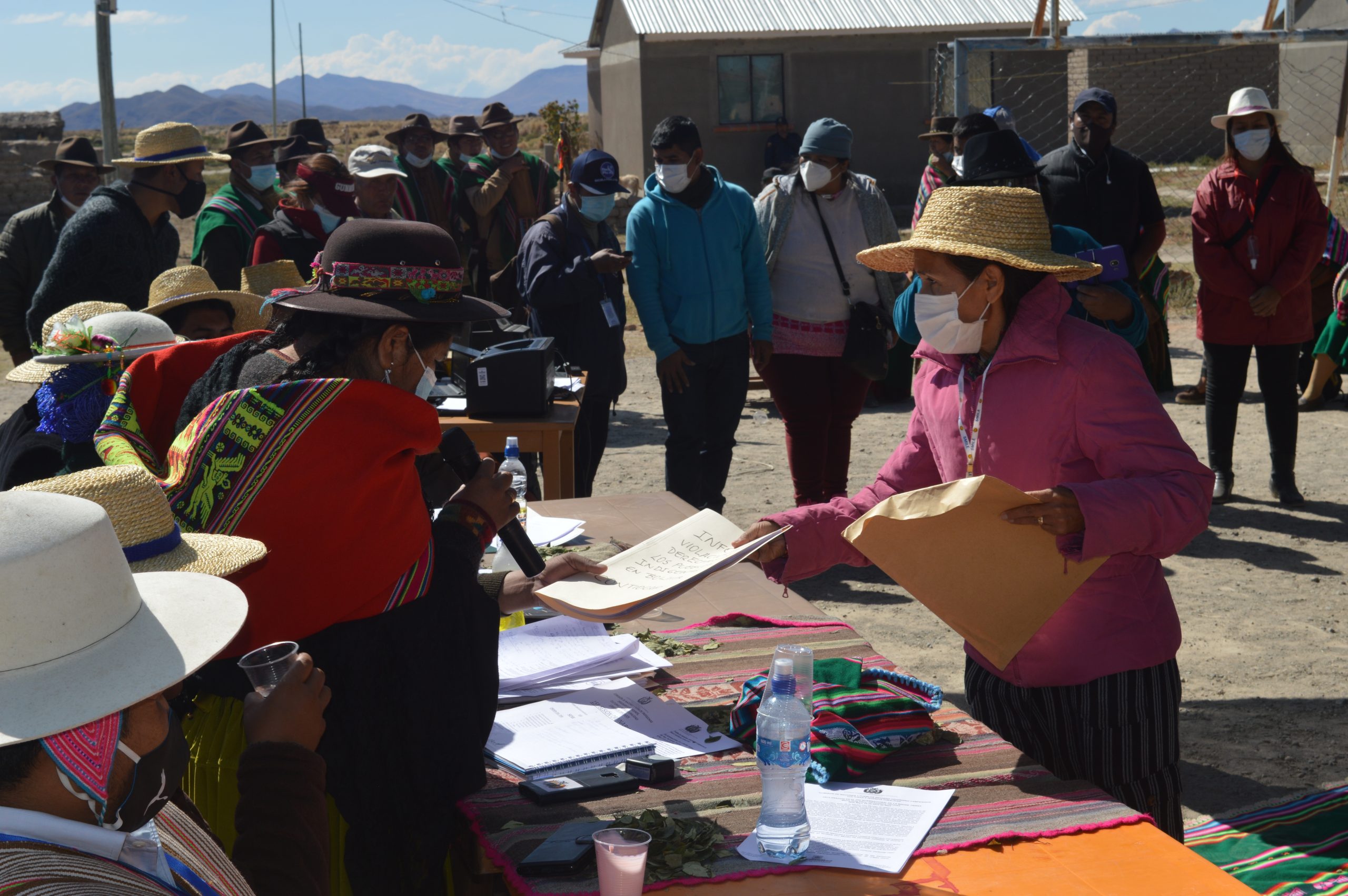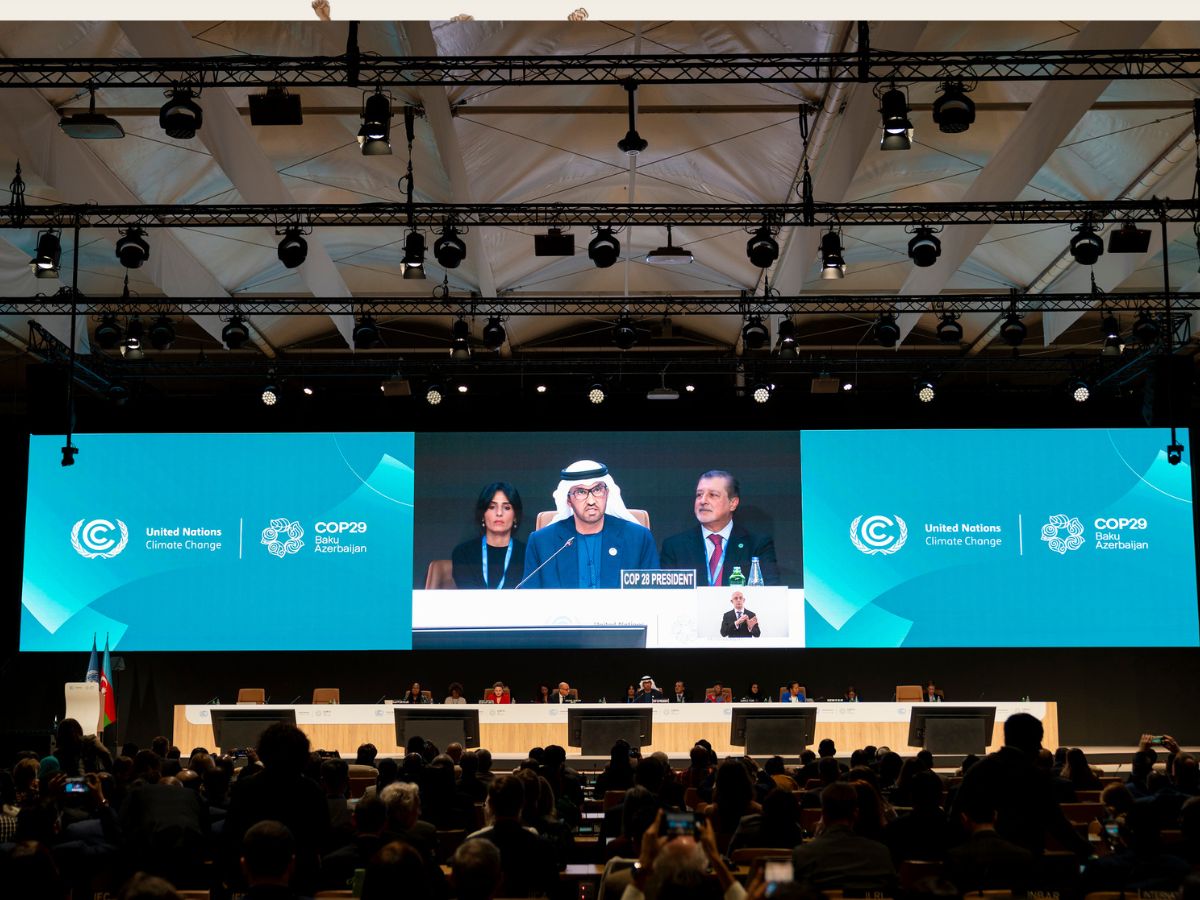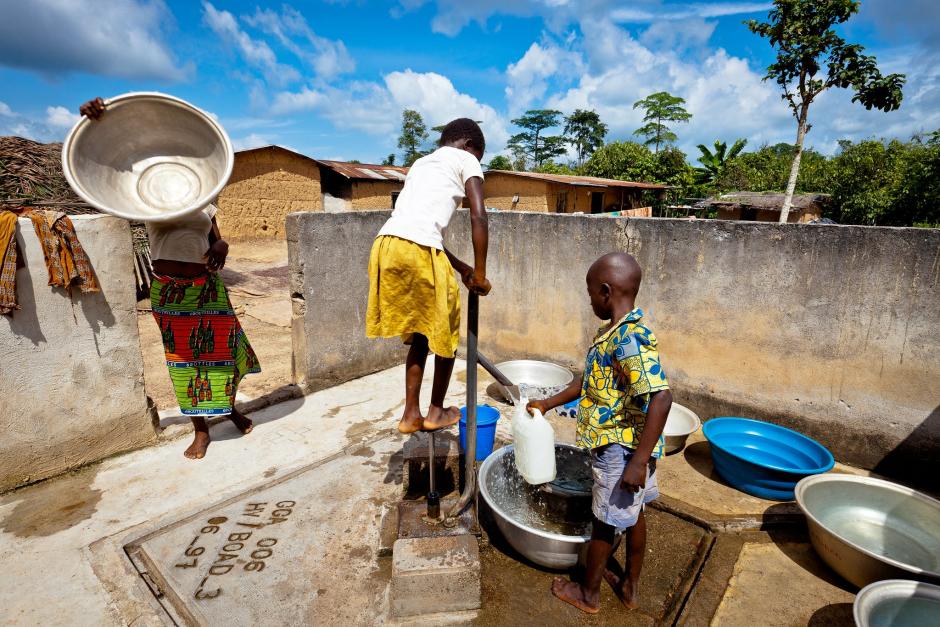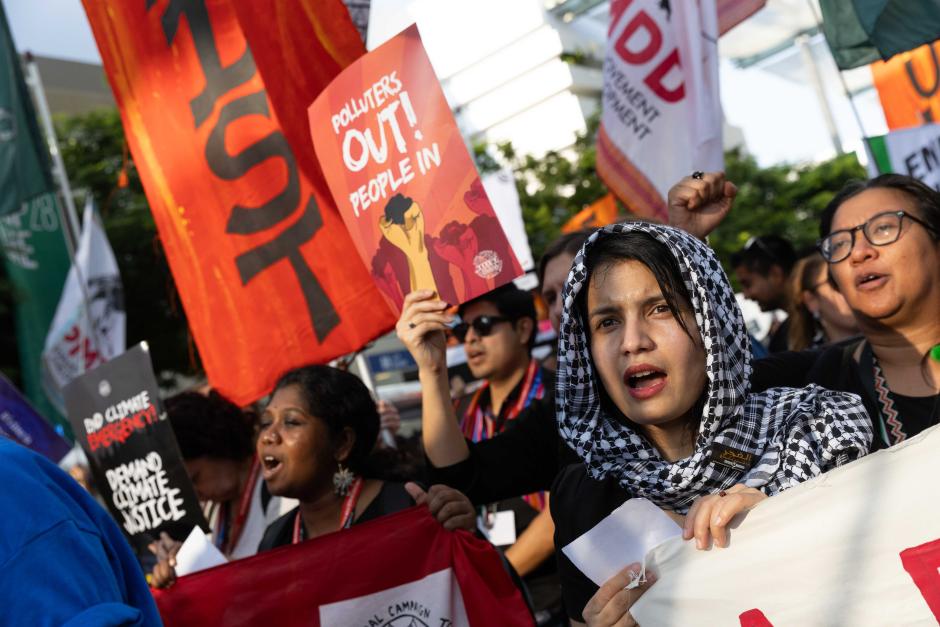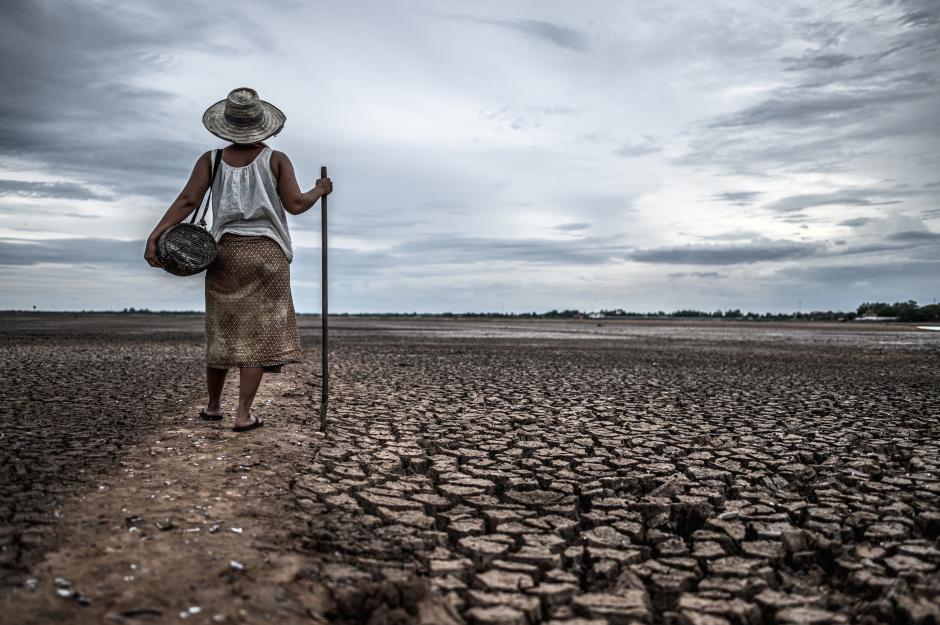The second community-led research project, explores and amplifies communities’ perspectives on losses and damages resulting from climate change, particularly non-economic losses. This initiative will provide learning space and support for six social movements and grassroots groups to gather the data and evidence to counter losses and damages resulting from climate change. The participating groups are:
- Comité Ambiental en Defensa de la Vida, Colombia
- Comités de Cuenca de Rio Sonora, Mexico
- Rural Women’s Federation – organized by the Centre for Human Rights and Development, Mongolia
- African Indigenous Foundation for Energy and Sustainable Development, Nigeria
- Chimanimani Land and Environment Defenders, Zimbabwe
- Endorois Indigenous Women Empowerment Network, Kenya
Why It Matters
‘Loss and damage’ refers to the destructive impacts of climate change that cannot be avoided through adaptation or mitigation. These impacts have huge consequences on human societies and the environment and do not affect everyone equally. Unfortunately, the perspective of communities facing loss and damage, especially women, Indigenous people, the elderly, and youth, often is not considered in mainstream discourses and decision-making processes at local and international levels, such as at the United Nations Framework Convention on Climate Change (UNFCCC) and its regular Conference of Parties (COP). For example, there is a substantial gap in official data regarding non-economic damages and the unequal impacts on specific groups. As a result, decisions made at national and international levels tend to overlook these realities, leading to outcomes that do not adequately address the immediate and long-term needs of affected communities.
